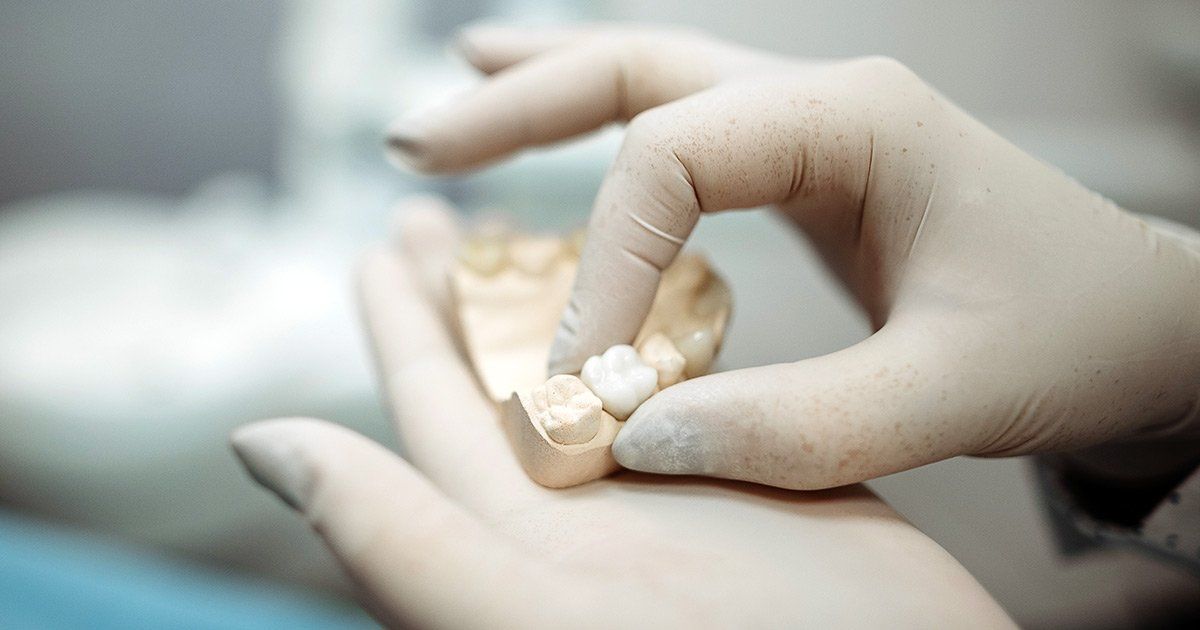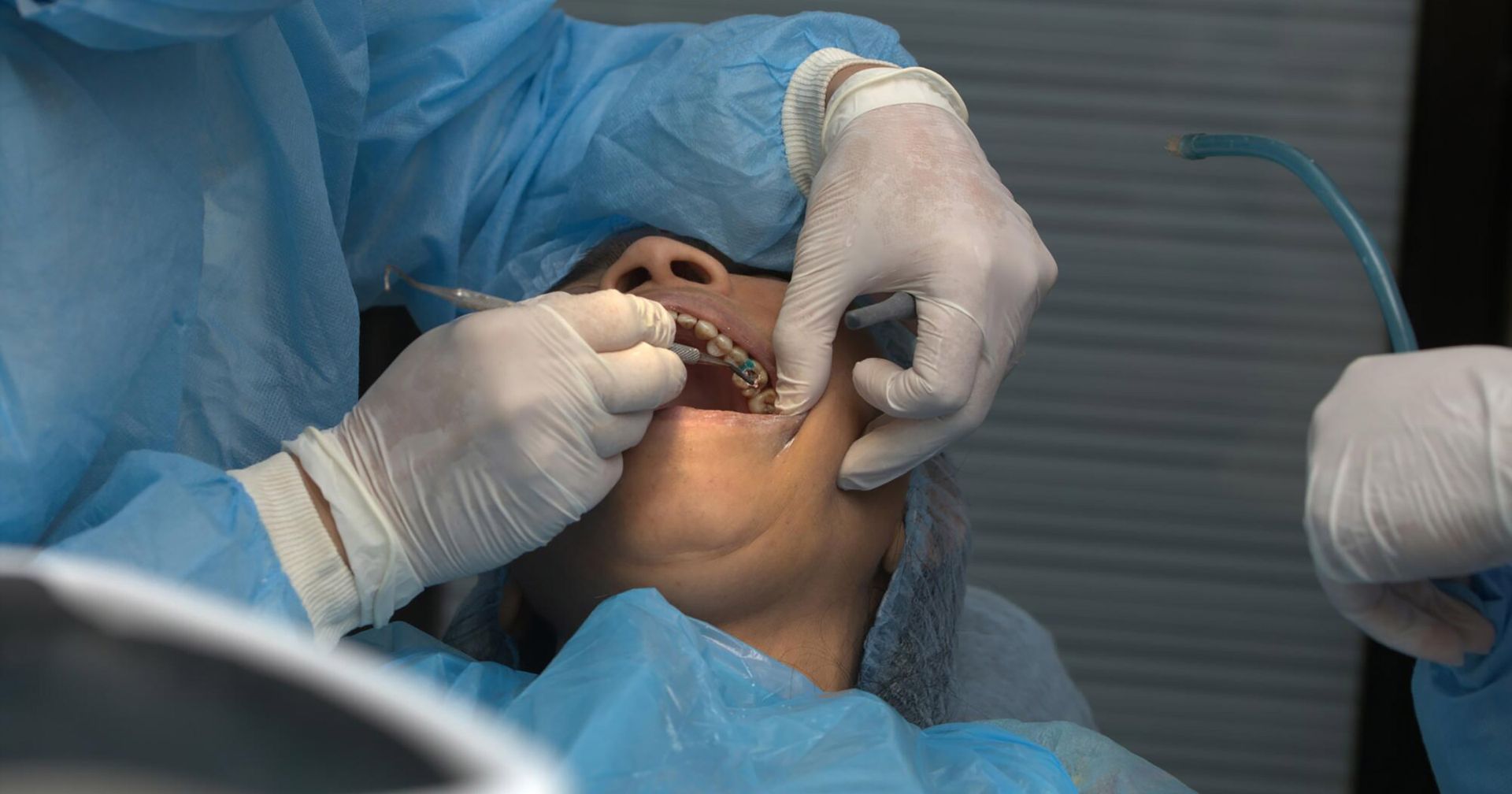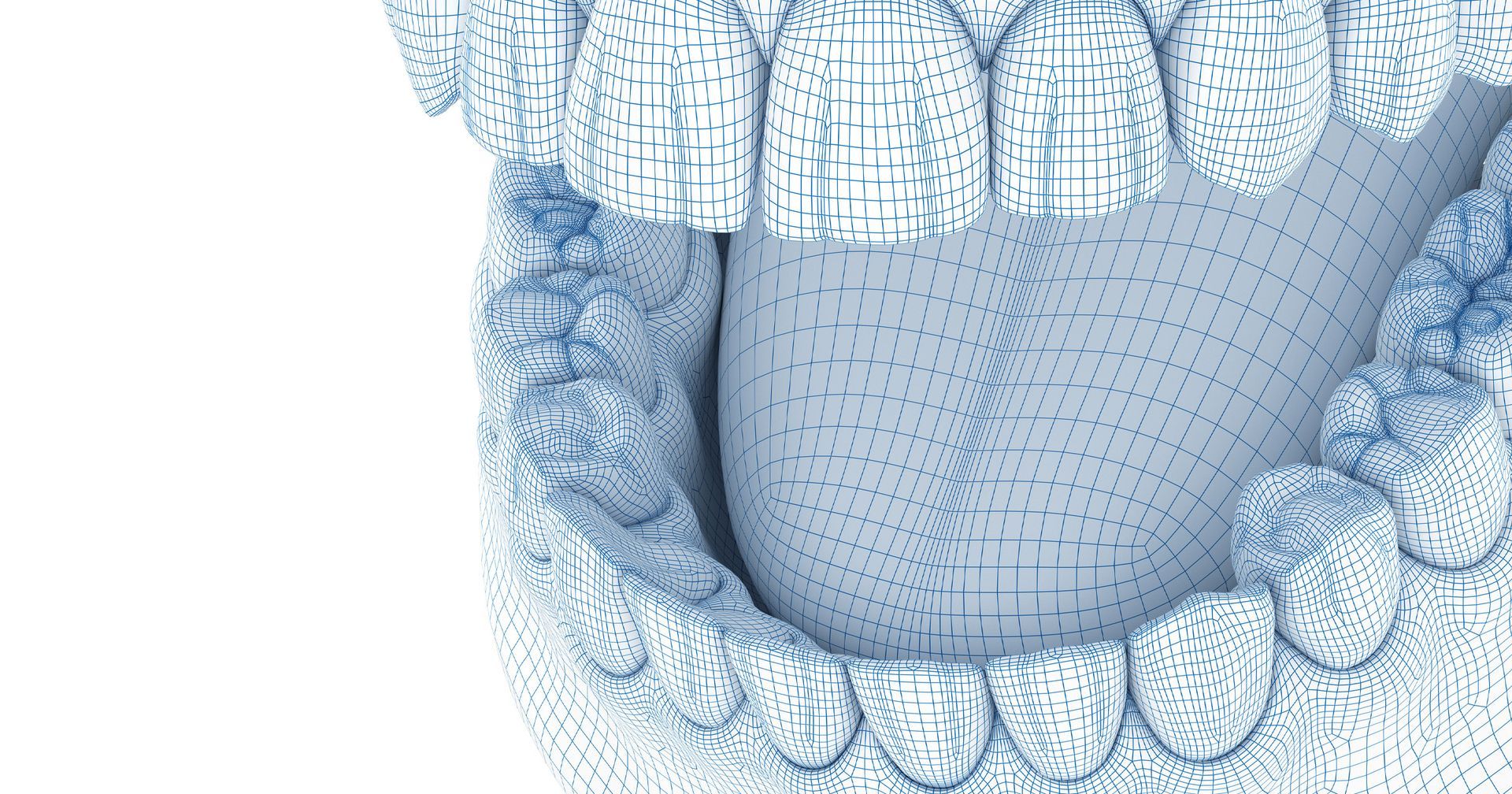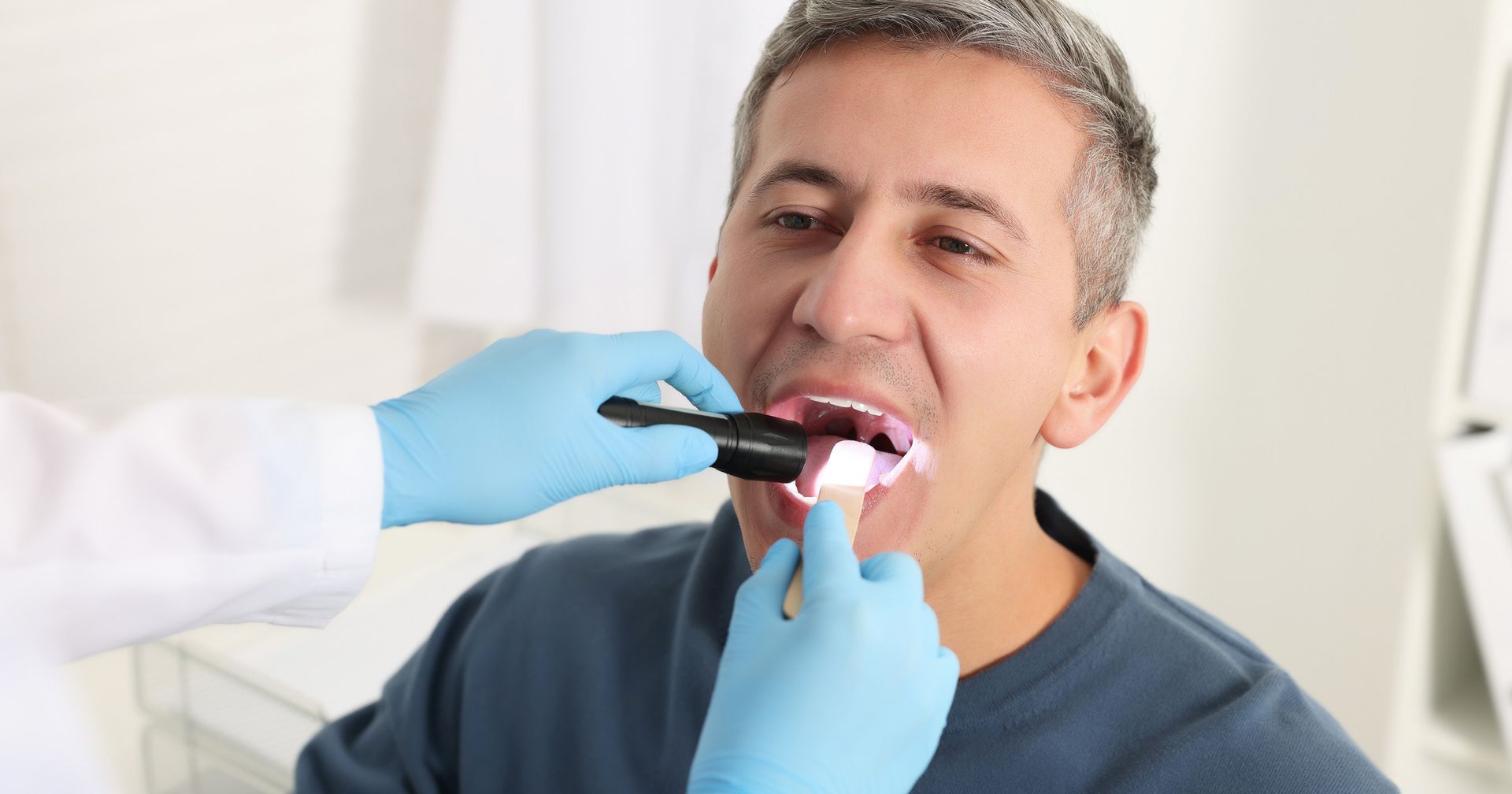Dental Crowns: What to Expect When Seeing a Dentist
If your dentist in Bedford NH recommended dental crowns and you're unsure of what to expect, get answers and clarity through this dental guide.

You've just been told that one of your teeth has fractured, so you need a crown. Now, you're left anxiously wondering what's next on the agenda at your New Hampshire dentist's office.
Research shows that people are hesitant to visit the dentist for a number of reasons, including being fearful of pain or the dental office setting in general. However, the more you know about dental crowns early on, the easier it will be for you to visit your dentist in Bedford, NH, for this type of dental procedure.
Here's a rundown of everything you need to know about getting a dental crown.
Let's jump in!
What Are Dental Crowns?
Dental crowns are tooth-shaped caps that sit over the tops of teeth. These restorations are designed to help to protect teeth while also restoring their strength, shape, and color.
You might need this type of restorative cover on your tooth if the tooth has a large cavity that can't be treated with a filling. In addition, a crown may be necessary if your tooth currently has a big filling and not much tooth structure is left.
Likewise, your dentist may recommend a crown if your tooth is broken or worn down. The crown can help with holding a cracked tooth's parts together.
You can also use a crown to cover a tooth that is severely discolored or misshapen.
Types of Crowns
Several types of dental crowns exist, including porcelain-fused-to-metal (PFM), metal, all-resin, and all-porcelain crowns.
PFM Crowns
A PFM crown is a crown that is made of metal and covered with porcelain. You can match the porcelain to the teeth surrounding the tooth being restored.
The benefit of PFM crowns is that they look like your natural teeth. At the same time, the metal that underlies the porcelain makes this type of crown relatively durable. This makes them the ideal option for both back and front teeth.
Metal Crowns
A metal crown is essentially a PFM crown without the porcelain attached to it. The metals in this type of crown include alloys with high platinum or gold content, or alloys made using base metals, like nickel or cobalt, and chromium.
The benefit of a metal crown is that it can withstand chewing and biting forces well. In addition, these crowns rarely break or chip, so they are very long-lasting. Due to their metallic color, metal crowns are best to use in the back of the mouth.
All-Resin Crowns
These crowns are 100% resin and therefore offer the benefit of being lower cost compared with other types of crowns.
However, these crowns can wear down more easily over time. In addition, they are more susceptible to fractures when compared with PFM crowns.
All-Porcelain Crowns
An all-porcelain crown is 100% porcelain, and for this reason, it offers the best natural color appearance when compared with other types of crowns. This type of crown is also perfect for individuals with allergies to metal.
You can use a
porcelain crown on either a back or a front tooth.
The Dental Crown Procedure
This type of dental procedure typically requires a couple of dental visits.
During your first visit, your dentist will use local anesthetic to make your mouth feel numb so that you feel no discomfort during the procedure. Then, they will prepare the tooth you're treating for your new crown.
In other words, your dentist will remove any decay in the tooth. They will then shave down your tooth. This will allow your future crown to fit on the tooth with ease.
Afterward, the dentist will create a detailed impression of the tooth. This can be done using digital scanning technology or a mold. Either way, the impression will be sent to a dental laboratory so that it can be used to build your crown.
After the First Appointment
At the end of your first dental crown procedure visit, your dentist will give you a crown that you can temporarily use on your treated tooth.
This temporary crown will protect the tooth as you await your finished crown. However, these types of crowns aren't as sturdy as permanent crowns are, so you must exercise caution with one.
For instance, avoid eating chewy and sticky foods, as they could pull your temporary crown off. These foods range from caramel to chewing gum.
Also, try to chew on the opposite side of your temporary crown as much as possible.
When wearing your temporary crown, be sure to avoid chewing foods that are hard, like raw vegetables.
Finally, when flossing your teeth each day, slide the floss around your crown instead of lifting it out. This will help you to avoid accidentally pulling off your crown.
The Second Appointment
A couple of weeks after your first appointment, you will visit your dentist for a second time to get your temporary crown removed. Then, your dentist will put your permanent crown in its place.
During this process, your dentist will make sure that the crown fits you comfortably and is the right color for your mouth. If they're pleased with what they see, they'll cement the new restoration onto your treated tooth.
How Our Dentist in Bedford, NH, Can Help
Dental crowns can help you to restore damaged teeth in just a few steps. From the dental impression to a temporary crown and then your new crown, this type of dental procedure is relatively easy and comfortable to undergo.
At Dental Arts of Bedford, your leading dentist in Bedford, NH, we take pride in performing dental crown procedures as well as providing other top-tier oral care services. Get in touch with us to schedule an appointment today!












